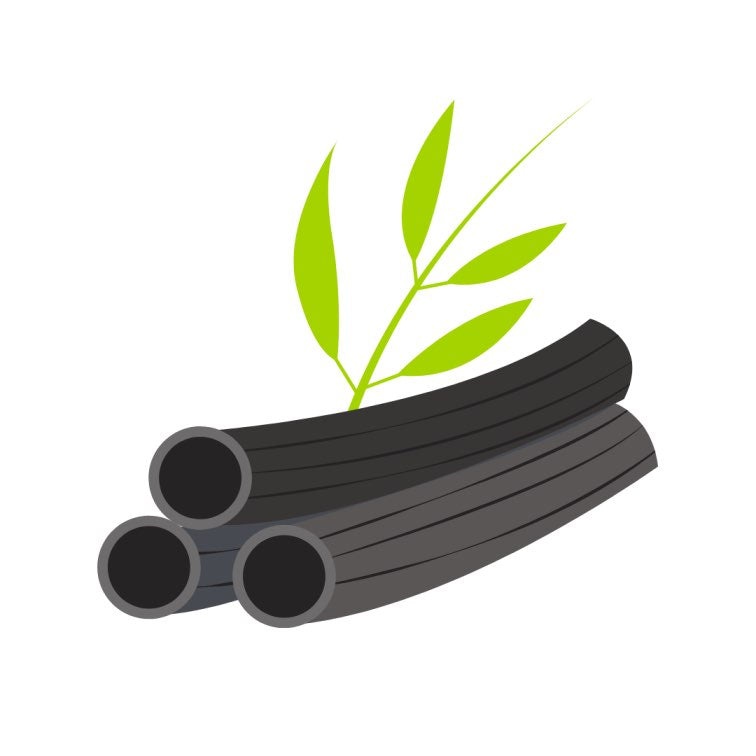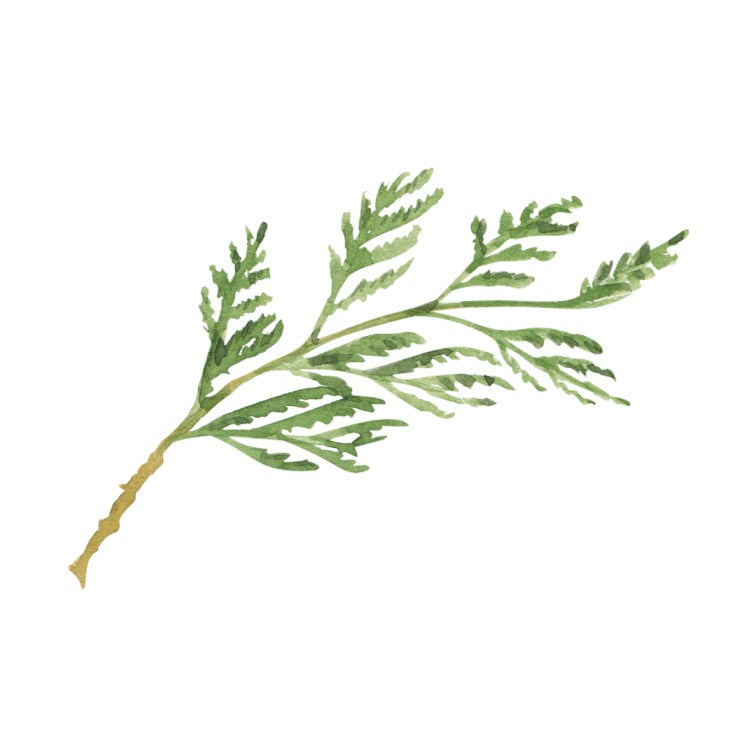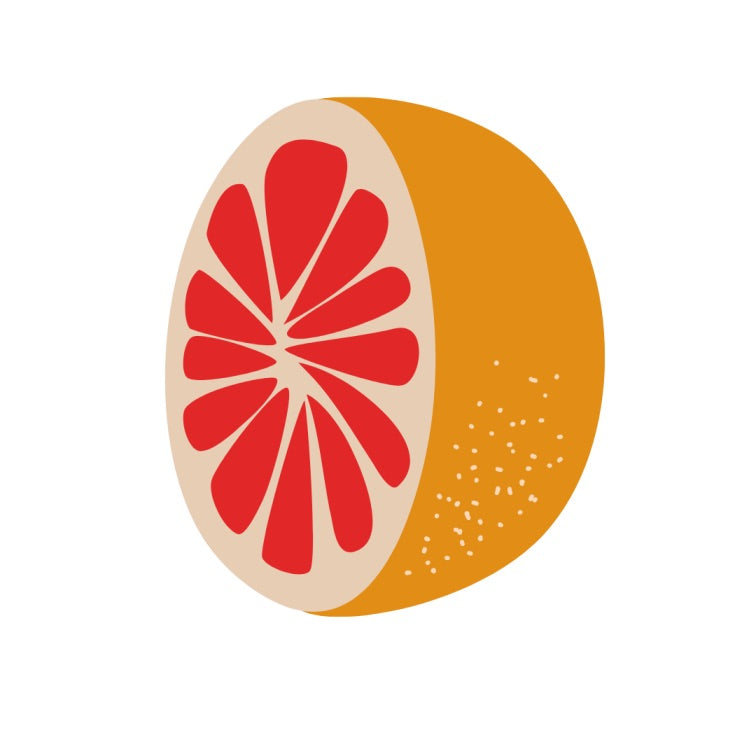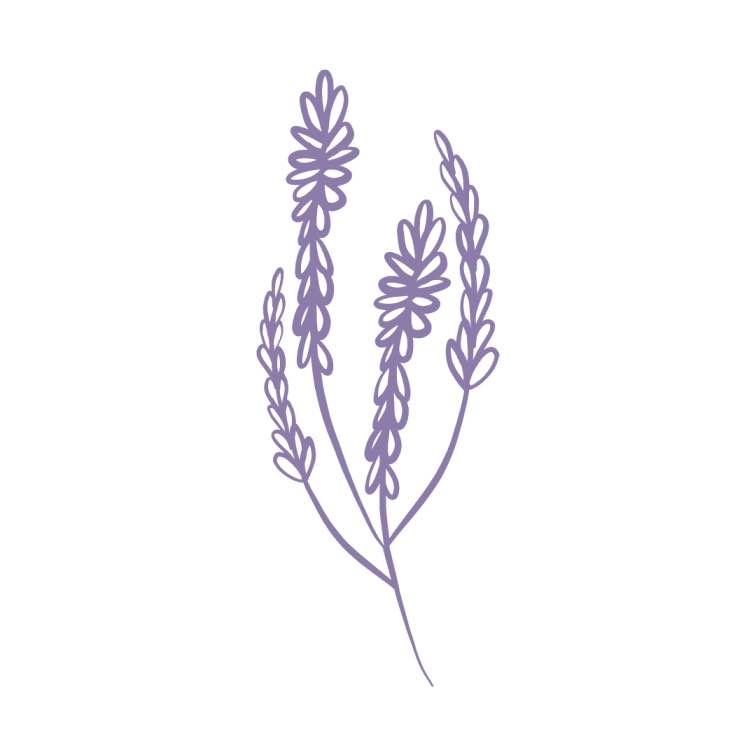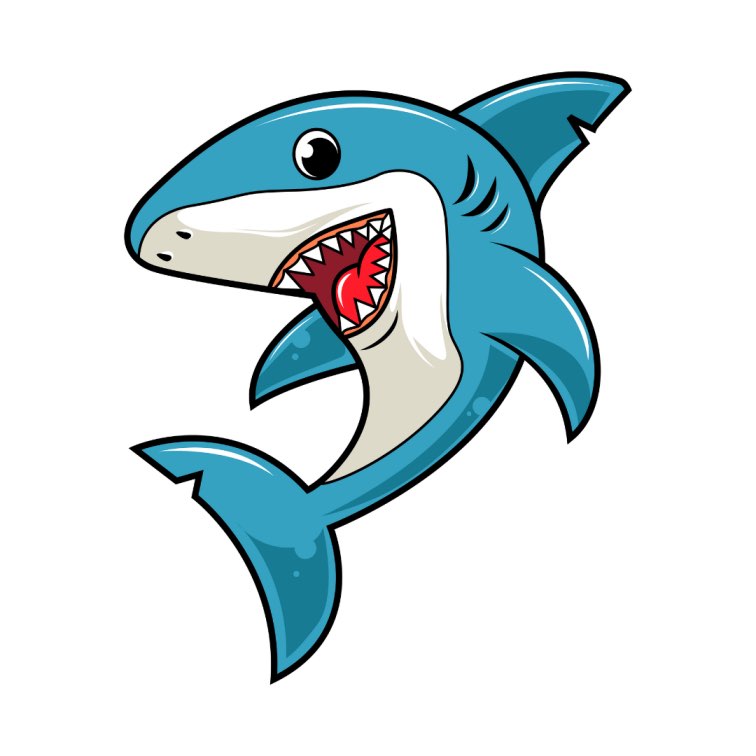Below the surface of our vast oceans, a hidden battle is happening. It's wildlife versus a dangerous enemy: plastic pollution. Wild animals are losing this battle, and the consequences are serious. This challenge inspires us to think about our choices as consumers, and to live in a way that helps our planet. By making smarter choices, we can support wildlife conservation.
Plastic Pollution Harms Ocean Animals
Plastic waste that enters the ocean breaks down into tiny bits over time. These tiny bits are referred to as microplastics. These bits spread everywhere in the ocean, from the surface to the deep bottom. Big and small sea creatures alike eat these bits by mistake. This causes them to get sick and die. Plastic waste also releases bad chemicals into the water, which mess up the ocean's health. All of this harms ocean animals and does not support wildlife conservation.
Sea Turtles

Imagine a beautiful sea turtle swimming in clear water. This nice scene is spoiled by a sad truth. Every year, sea turtles eat plastic thinking it's food, and they die. Plastic bits in the sand where sea turtles lay their eggs hurt the survival rates of baby turtles. Some turtles get stuck in plastic as well, and can't swim for food. This also leads to starvation and death.
The Albatross
Plastic waste kills lots of seabirds, such as the beautiful albatross. These birds eat plastic, thinking it's food, and their babies eat it too. This makes them sick and sometimes kills them. Seeing a dead bird with its stomach full of plastic makes it clear we need to fix this wildlife conservation problem fast.
Coral Reefs

Plastic pollution in the ocean supports the growth of bad germs that can hurt coral reefs. A research study found that coral that touches plastic is almost 90% likely to get sick, while those that don't touch plastic are only 4% likely to get sick. In this way, plastic waste reduces the biodiversity of our oceans by killing coral reefs. If we want to find an effective way to conserve wildlife, plastic waste is a great place to start.
Disposable Waste
Using and throwing away lots of plastic hurts the balance of nature by disrupting the habitats of so many animals we know and love. Making and buying stuff that we use once and then throw away just adds to the problem. Our plastic trash often accidentally makes its way into oceans, forests, and other habitats.
Nature is struggling because of this throwaway lifestyle. When we chase convenience without thinking about sustainability, it leads to a sad loss of diverse wildlife. Plastic trash sticks around for centuries, harming habitats, animals, and even getting into the ground and water.
We need to act fast and start making and using things in more eco-friendly ways. We can build stuff that lasts, design things to be used again and again, and choose options that are better for the planet. This way, we can find a better balance between human life and the natural world around us.
Fishing Industry
Fishing nets catch more than just fish – they trap dolphins, turtles, and whales too. These marine animals get stuck in the nets and often die. The nets also break down into tiny microplastic bits that keep hurting animals even after the fishing boats are gone. These innocent animals can get stuck in old fishing gear that's been thrown away. This gear can stay in the ocean for years, still catching animals.

This is dangerous not only for these creatures but also for the environment. The gear breaks down into tiny microplastics, adding to plastic pollution in the water. Even when the gear is no longer used, it keeps hurting animals. This kind of gear is known as "ghost gear," and it continues causing harm even after it's been abandoned, lost, or thrown away.
Plastic Waste Solutions
Even though things are tough, our choices as consumers can help. We can live in a way that keeps our oceans and animals safe. Simple choices can make a big difference.
Using less plastic is important. If we choose things with less plastic packaging, companies will know we want less plastic. Reusable items like aluminum water bottles and cloth shopping bags also help. When we use less plastic, we support wildlife conservation because less plastic makes its way into the environment.
Using reusable products isn't just about convenience. When businesses adopt sustainable practices, they're making choices that care for the environment and the animals that call it home. Ethical production means that the things we use are made in ways that treat workers and communities fairly. This also goes hand in hand with health and safety – products that are better for the environment are often better for us too.
Reusables are built to last, which means they're high-quality and durable, reducing the need for replacements. And when companies are transparent about how things are made, we can trust that they're doing their best for both us and the planet. By choosing reusable items and supporting businesses that value these principles, we're helping wildlife conservation by cutting down on plastic waste.
Societal Changes
We can do more than just change our own actions. We can vote for people who care about the environment. We can help clean up beaches and tell others about plastic pollution. When more people know, more people can help join the cause of wildlife conservation.
Choosing better ways of consuming things becomes a habit, and you'll start speaking up for what's right. You'll team up with others who care, making a bigger impact together. And as you work, you'll feel more connected to nature, seeing how your actions can support wildlife conservation. You may even find friends who care about marine creatures just like you, and together you'll take on the challenge of plastic pollution.
Time to Make a Change
Every person has the power to save our oceans and the animals that live there. By making simple changes in our everyday lives, we can support wildlife conservation in a big way. Animals like the sea turtle and the albatross need us to make better choices. Let's live in a way that helps, not hurts, our planet. We can fight plastic pollution and create a better future for our oceans and the creatures that live in them.
Choose better sustainable alternatives and support businesses that truly care about the planet we live on. Shop with code: BLOG10 today and save 10% on your first order with us!
If you enjoyed reading this Blog, please share it, and help us get the word out together. Thank you! 😊











